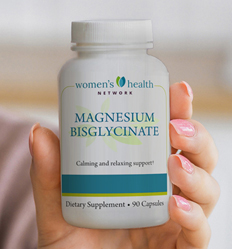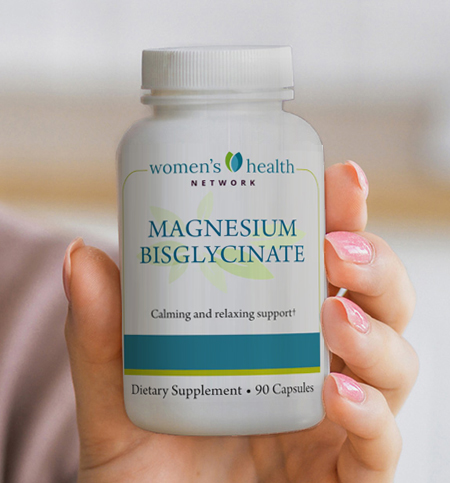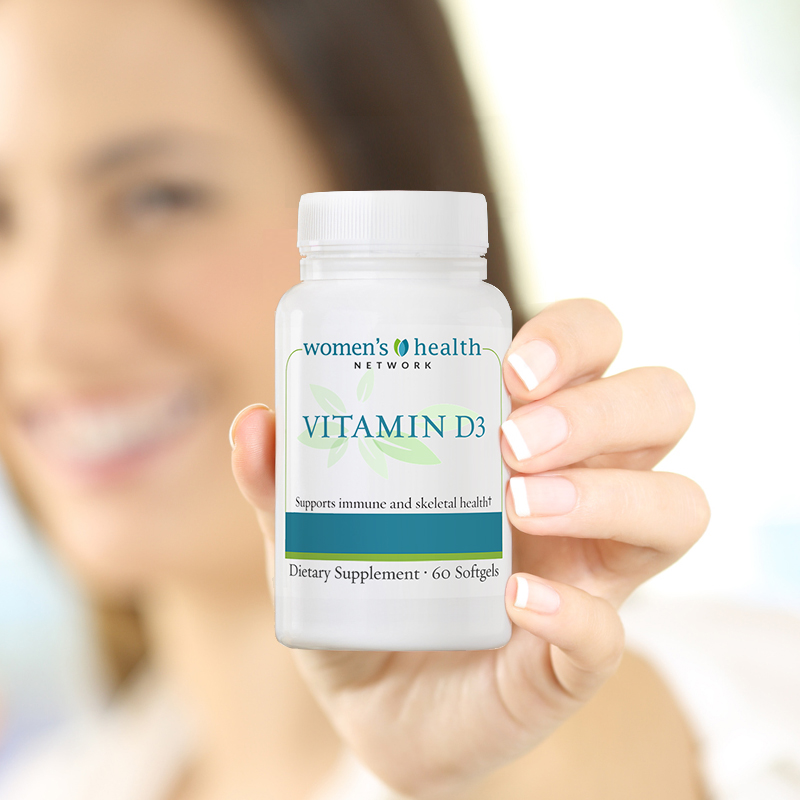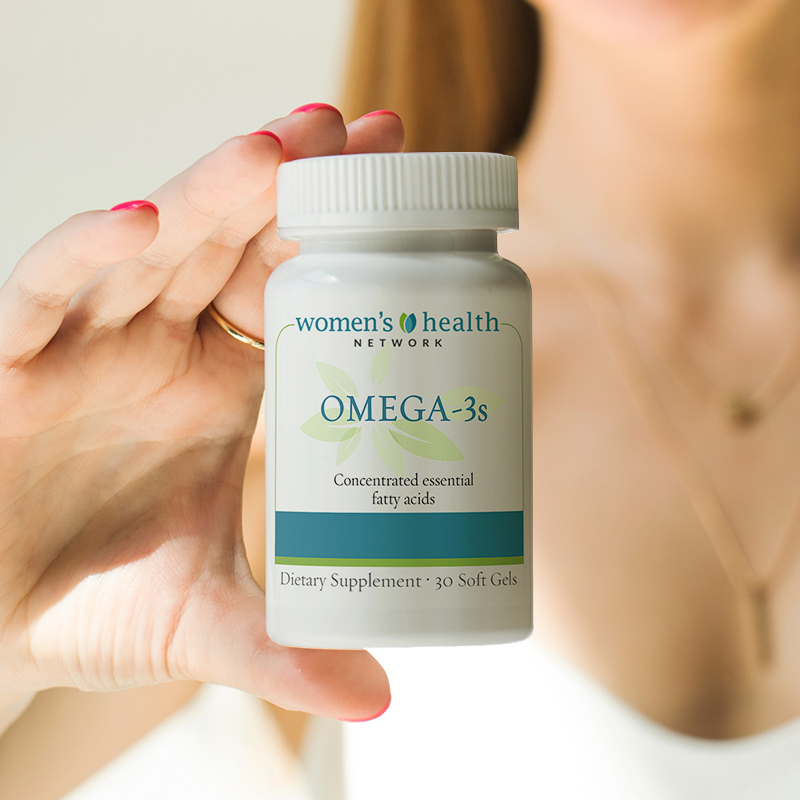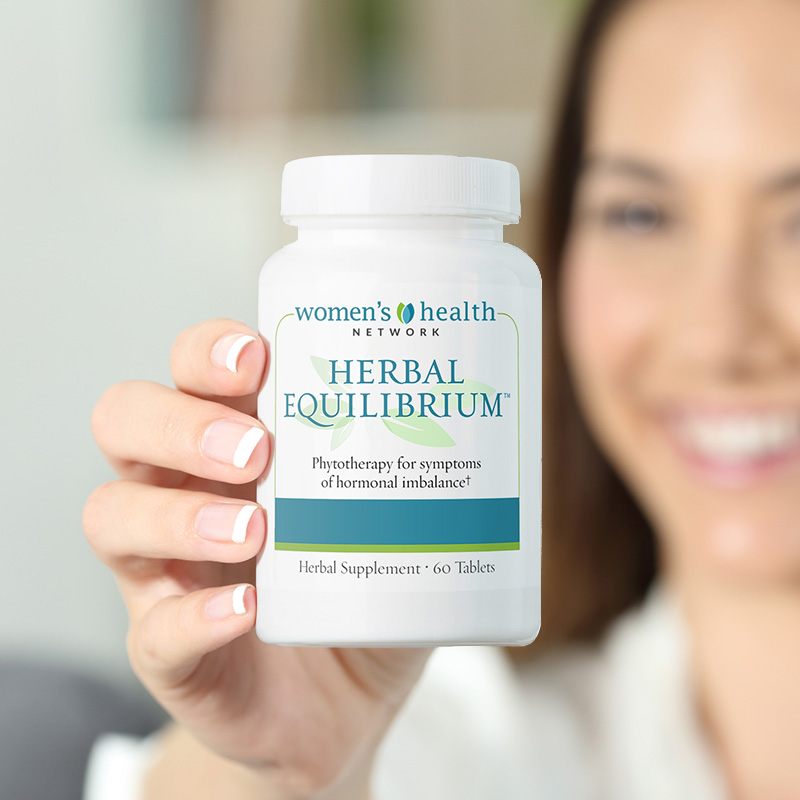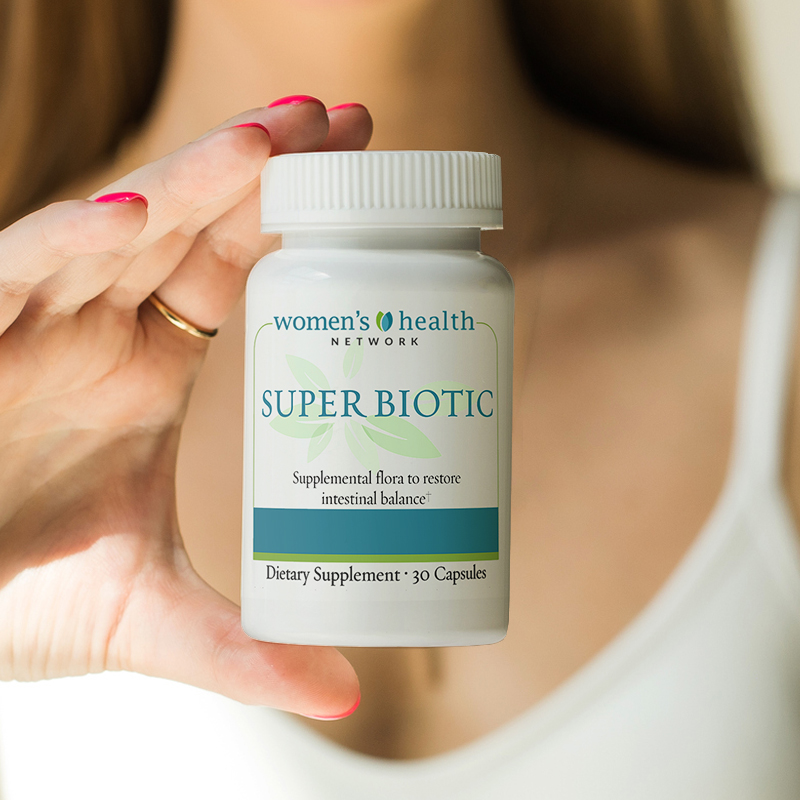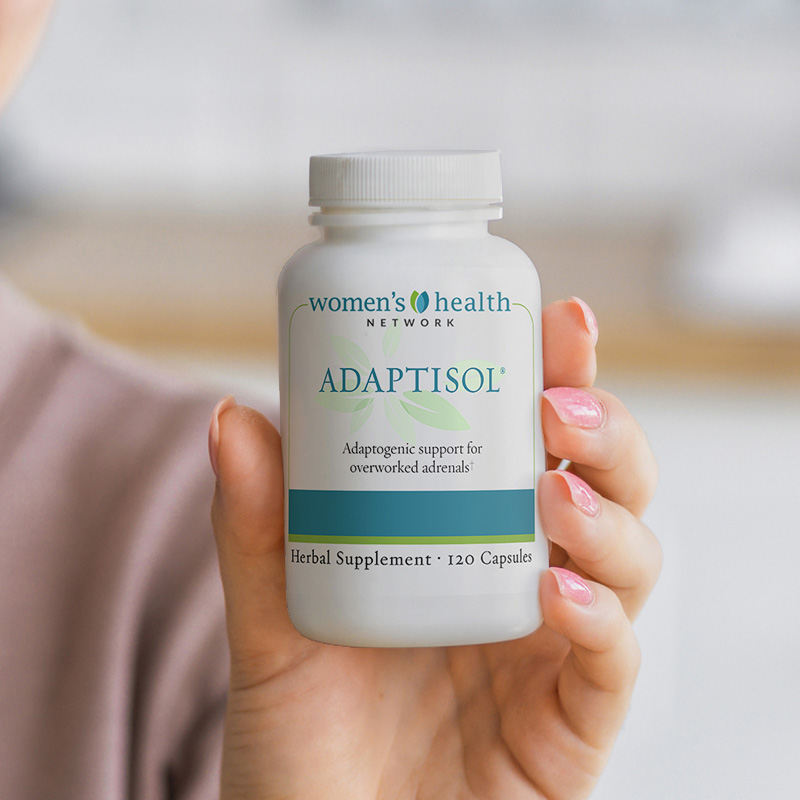Your doctor may not know this, but the science is quite clear
Authored by Dr. Sarika Arora, MD
Few people realize many of our current health problems arise from hormonal imbalance. For example, diabetes, metabolic syndrome, thyroid disease, weight gain, adrenal exhaustion, infertility, PCOS and more are conditions that result from chronic hormonal imbalance. And all are more prevalent among women than men. That’s why it’s so vital that every woman understand what she can do to restore and maintain hormonal balance.
Hormones are biochemicals that let the glands, organs and systems of the body communicate their needs to one another. This self-regulatory process directs nearly every process in your body — from digestion to metabolism, stress response to fertility. It isn’t a set-it-and-forget-it system, but requires inputs and adjustments from moment to moment.
Surprisingly, most doctors don’t learn much about hormonal balance in medical school (endocrinologists being the exception). But the science of hormonal function has advanced rapidly among biologists – and it proves beyond question that our diet and nutrition are major factors in healthy hormonal balance.
Common symptoms of hormonal imbalance in women include:
- Mood swings and irritability
- Hot flashes
- Fatigue and low energy levels
- Trouble sleeping
- Anxiety
- Weight gain (especially belly fat)
- Low libido
- Breast tenderness and pain
- Brain fog
- Brittle hair
- Dull and dry skin
How can I fix my hormonal imbalance?
Conventional medicine relies on a frustrating band-aid approach to treating women’s hormonal symptoms — the use of prescription synthetic hormones that carry serious health risks is still the norm.
Natural health, however, has a very different understanding of the best solutions for hormonal imbalances in women. It starts with finding the root cause of the imbalance then supporting healthy hormone production with effective diet and lifestyle changes and supplementing with vitamins, minerals, herbs and other nutritional compounds that help restore hormonal balance.
Underlying causes of hormonal imbalance
Hormone imbalances often develop during hormonally active times in a woman’s life: pregnancy and after childbirth (postpartum) and during perimenopause and menopause. When hormone levels rapidly shift during these life transitions, there is simply a greater chance for something to go haywire.
Hormonal imbalances can also be the result of an underlying health condition like PCOS (polycystic ovary syndrome), endometriosis, adrenal fatigue or hypothyroidism (low thyroid). At any point in your life, however, the body’s ability to maintain hormonal balance can be swayed by the foods you eat, the amount of sleep you get, exposure to toxins and how much stress you have in your life.
Can vitamins help hormonal imbalance?
The endocrine glands require key micronutrients to create hormones and support them in carrying out their important work. If you have low thyroid, for example, then you may have deficiencies in iodine and selenium, two minerals required by the thyroid gland to make and use thyroid hormones.
Herbs and other natural compounds can also provide therapeutic support to correct hormonal imbalances. For example, ashwagandha, a traditional medicine and ingredient in our Herbal Equilibrium and Adaptisol formulas, is an adaptogenic herb prized for its ability to re-regulate high cortisol, an adrenal imbalance tied to chronic stress and anxiousness. If you are experiencing hormonal symptoms in perimenopause, a sign that estrogen and progesterone are not in the correct ratio, then supplementing with herbs including wild yam, black cohosh and red clover extract can help restore balance to these two hormones and relieve perimenopause symptoms. These herbs are all found in our Herbal Equilibrium formula. To increase progesterone levels, you can also use a bioidentical USP progesterone cream.
These are just a few examples. There are so many herbs, vitamins and minerals that can help with hormonal imbalances. Described in detail below, the best herb and vitamin supplements for natural hormonal balance include:
- Magnesium
- Vitamin D
- Zinc
- B vitamins
- Iodine
- Ashwagandha
- Rhodiola Rosea
- Probiotics
- CBD oil
Magnesium for hormone imbalance
It’s not too far of a stretch to call magnesium a miracle mineral for its ability to help correct hormonal imbalances. Here are some of the ways magnesium helps your hormones:
- When you are in a state of chronic stress, over-reactivity in the body’s Hypothalamic-Pituitary-Adrenal (HPA) axis can throw stress hormones into turmoil. Magnesium helps to calm the HPA and return stress hormone production to normal levels, thus relieving you of anxiety and other stress symptoms. Magnesium is sometimes called the “relaxation molecule” for this effect.
- Magnesium supports balanced production of the body’s main sex hormones (estrogen, progesterone and testosterone) by helping the liver metabolize hormones and then excrete harmful estrogen metabolites.
- Magnesium helps to correct thyroid hormone imbalances by boosting the conversion of T4 thyroid hormones to more active T3 forms.
The downside to magnesium? Most women aren’t getting enough. This is partly due to diets lacking in the mineral, but it’s also because the body “dumps” magnesium during times of high or chronic stress. If you want to boost your magnesium intake, then add more magnesium-rich foods to your diet. Foods to munch for more magnesium include almonds, cashews and peanuts; spinach; black beans and edamame — all of which offer at least 15% of the daily required amount in a single serving. Many food processing methods remove magnesium, so eat whole foods as much as possible.
Many women benefit from magnesium supplementation to meet their daily needs for the mineral — about 350 mg. Our Magnesium Bisglycinate is formulated for optimal absorption and is also gentle enough to be taken daily. As a big bonus, magnesium also boosts your heart and bone health!
Vitamin D is a hormone
Vitamin D is different from other vitamins because it’s not really a vitamin in the classic sense — it’s actually a hormonal precursor. The body uses it to make calcitriol, a potent hormone capable of signaling over 1,000 different genes to express or suppress themselves, such as genes that affect endocrine function and hormonal balance.
Getting enough Vitamin D is essential for maintaining healthy hormone levels throughout the body. However, approximately 42% of American adults are Vitamin D deficient. Experiencing a hormonal imbalance is actually a sign that your Vitamin D levels could be too low. Other symptoms of Vitamin D deficiency include depression, brain fog, fatigue and bone loss.
Vitamin D supplementation is an easy way to ensure you are replenishing your levels. A good therapeutic amount is 1000 IU per day. When choosing a supplement, look for Vitamin D3 (Cholecalciferol), which is the more absorbable form of the vitamin. Skip supplements made with D2 and those that do not disclose the type of Vitamin D they contain.
How does Vitamin D help to regulate estrogen?
Researchers have found that low levels of Vitamin D may lead to lower estrogen levels, which can cause mood swings, headaches, depression, hot flashes and more, especially during perimenopause and menopause. Boosting Vitamin D levels helps bring estrogen back into balance.
Do Omega-3 fatty acids help hormonal imbalance?
Omega-3 fatty acids are essential nutrients that your body requires, but cannot produce on its own — Omega-3s must come from the diet, through foods like oily fish or flaxseed, or by taking a supplement. Omega-3s are important for brain, bone and heart health, but they also play a critical role in your hormonal health:
- Omega-3s boost sensitivity of receptors sites — proteins typically found on the surface of cells where hormones need to “land” to send their chemical instructions.
- Omega-3s are hormonal precursors needed for the production of estrogen, progesterone and testosterone. Not getting enough Omega-3s is often a factor in developing hot flashes and other menopause discomforts.
- Omega-3s are very effective in helping to tamp down on out of control inflammation in the body. Lowered inflammation supports the body’s ability to make hormones and also helps to protect against autoimmune diseases that can lead to hormonal imbalances, like Hashimoto’s thyroiditis, an autoimmune disease in which the thyroid attacks itself.
- Omega-3s help to regulate and lower inflammation, protecting the body’s ability to make hormones. There is a relationship between inflammation and hormones — inflammation contributes to hormone imbalance, and hormone imbalance contributes to inflammation.
Fish oil for hormonal imbalance
To supplement Omega-3 levels, look for a high quality fish oil that has been molecularly distilled, a process that removes any remaining heavy metals, pesticides, solvents, PCBs and other contaminants. Molecularly distilled fish oils also concentrate amounts of critical Omega-3 fatty acids, essential fatty acids, eicosapentaenoic acid (EPA) and docosahexaenoic acid (DHA). Flaxseed oil is a good vegan source for Omega-3s, but be aware that flaxseed oil oxidizes quickly — this is why you see it sold in the refrigerated section of the health food store in dark bottles. Fish oils are more stable, which helps to ensure that you are getting the correct dosage of Omega-3s.
Ashwagandha for hormonal imbalance
Ashwagandha is a traditional remedy for hormonal imbalance that has its roots in Ayurvedic medicine. Modern research has found this herb to be effective in boosting thyroid function and also balancing adrenal hormones and androgens. Ashwagandha is adaptogenic, meaning that it has a normalizing effect on hormone levels — helping both excess levels and low levels of hormones return back to normal range. Both our Herbal Equilibrium and Adaptisol formulas contain therapeutic amounts of Ashwagandha.
As it brings hormones back into balance, Ashwagandha helps to counteract depression, increase energy levels and concentration, boost libido, reduce blood pressure and inflammation, and balance blood sugar levels. Recent research has also shown promising results for Ashwaganda as a natural treatment for PCOS, female sexual dysfunction and fertility problems.
Probiotics for hormonal imbalance
We’re learning all the time just how important gut health is for overall health, so it’s no surprise to discover that probiotics (beneficial gut flora) are a key ingredient for hormonal balance. As part of supporting a healthy gut microbiome, probiotics help minimize inflammation and optimize metabolism of estrogen, progesterone and testosterone — thus ensuring balance of these key hormones. Probiotics may also play a role in bringing balance to cortisol and insulin.
How do you get more probiotics?
Taking a probiotic supplement is another easy way to replenish your good gut flora on a daily basis. Look for a high quality probiotics supplement that includes multiple strains of probiotics to help diversify and strengthen your gut health.
B vitamins for hormonal imbalance
When you have a hormonal imbalance, getting more B vitamins helps to support improved hormone production and healthy hormone levels throughout the body. Here are some of the most beneficial B vitamins for your hormones.
Vitamin B12
Vitamin B12 (cobalamin) is needed for methylation, a process in the liver that breaks down excess hormones and cellular waste. If you don’t get enough B12, then methylation may no longer work properly, leading a compound called homocysteine to build up in the blood. Elevated plasma homocysteine levels are tied with estrogen imbalances, and can result in fatigue, mood swings and increased inflammation among other symptoms.
B12 is mostly found in animal products, meaning that vegetarians or vegans may be at risk for B12 deficiency. A high quality multivitamin that contains B12 can bridge any gaps in your diet.
Vitamin B6
Deficiencies in Vitamin B6 are connected to hormonal imbalances in estrogen and progesterone. Supplementing with B6 may be helpful for women in perimenopause and menopause with hormonal symptoms. Studies also show that Vitamin B6 can help alleviate some of the symptoms of premenstrual syndrome (PMS), such as mood changes and irritability. A therapeutic dose of B6 is between 50 to 100 mg daily.
Vitamin B3
Vitamin B3 (niacin) helps to produce both sex and stress (adrenal) hormones and also supports liver function by removing harmful chemicals from the liver. Niacin also helps improve circulation and suppress inflammation. Try to get approximately 16-18 mg of Vitamin B3 daily.
Zinc for hormonal balance
Zinc is required for the conversion of T4 to T3, so a deficiency in the mineral can result in a thyroid hormone imbalance and symptoms of hypothyroidism.
It is an adaptogen for several key hormones, helping to rebalance inadequate or excess cortisol, estrogen and progesterone in women. Zinc also reduces inflammation, providing support for healthy hormone production. To supplement your zinc levels, look for a high quality multivitamin that offers zinc in the highly absorbable form of zinc amino acid chelate.
Rhodiola rosea
Remedying an adrenal imbalance starts with regulating cortisol — a necessary step toward restoring proper adrenal function. When your body perceives that it’s under stress, your adrenals start firing off cortisol, your body’s main “fight or flight” stress hormone. Over time, all this excess cortisol taps out the adrenal glands, leaving you feeling fatigued and burned out.
Rhodiola rosea (“golden root”) is an adaptogenic herb that helps to rebalance cortisol and restore energy levels. It also increases mental clarity and offers immune and blood sugar support. Rhodiola is one of the adaptogenic herbs included in our Adaptisol formula for adrenal hormone imbalance.
References and further reading
- Battacharya, S., et al. 2000. Anxiolytic-antidepressant activity of Withania somnifera glycowithanolides: An experimental study. Phytomedicine, 7 (6), 463–469.
- Berendsen HH. Maturitas. The role of serotonin in hot flushes.2000 Oct 31;36(3):155-64.
- Bhattacharya, S., & Muruganandam, A. 2003. Adaptogenic activity of Withania somnifera: An experimental study using a rat model of chronic stress. Pharmacol. Biochem. Behav., 75, 547–555.
- Dog, T. 2010. Smart Talk on supplements and botanicals: Ginseng and other adaptogenic herbs. Alt. Complement. Ther., 16 (1), 1–4.
- Lepretti M, Martucciello S, Burgos Aceves MA, Putti R, Lionetti L. Omega-3 Fatty Acids and Insulin Resistance: Focus on the Regulation of Mitochondria and Endoplasmic Reticulum Stress. Nutrients. 2018 Mar 14;10(3):350. doi: 10.3390/nu10030350. PMID: 29538286; PMCID: PMC5872768.
- Kargozar R, Azizi H, Salari R. A review of effective herbal medicines in controlling menopausal symptoms. Electron Physician. 2017 Nov 25;9(11):5826-5833. doi: 10.19082/5826. PMID: 29403626; PMCID: PMC5783135.
- Muscaritoli M. The Impact of Nutrients on Mental Health and Well-Being: Insights From the Literature. Front Nutr. 2021 Mar 8;8:656290. doi: 10.3389/fnut.2021.656290. PMID: 33763446; PMCID: PMC7982519.
- Nemeth M, Eisenschenk I, Engelmann A, Esser FM, Kokodynska M, Szewczak VF, Barnreiter E, Wallner B, Millesi E. Flaxseed oil as omega-3 polyunsaturated fatty acid source modulates cortisol concentrations and social dominance in male and female guinea pigs. Horm Behav. 2021 Aug;134:105025. doi: 10.1016/j.yhbeh.2021.105025. Epub 2021 Jul 7. PMID: 34242874.
- Shams, T., et al. 2010. Efficacy of black cohosh-containing preparations on menopausal symptoms: A meta-analysis. Alt. Ther., 16 (1), 36–44.







